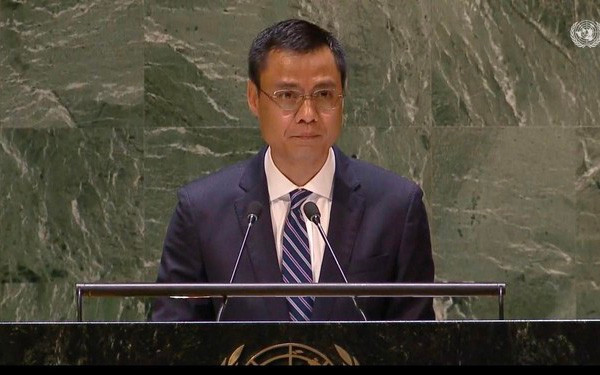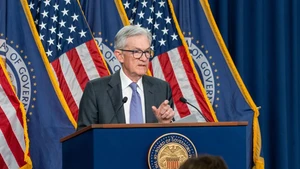The resolution reaffirmed the Global Strategy’s four pillars and the importance of implementing the pillars evenly and synchronously while recognizing the need to support such implementation. The resolution urged member states, the UN, international organizations, regions and sub-regions to fairly implement the Global Strategy in all fields.
The four pillars “focus on measures to address the conditions conducive to terrorism’s spread, prevent and combat it, build States' capacity and strengthen the United Nations system's role to do so, and to ensure respect for human rights and the rule of law, as the fundamental basis for fighting against the menace”, the session's meeting coverage wrote.
The document highlighted the importance of a sustainable, inclusive approach to addressing the conditions that can lead to the spread of terrorism because military force, law enforcement measures and intelligence operations alone are not enough to defeat terrorism.
In addition, the resolution reaffirmed that Member States must ensure that any measures used to combat terrorism are consistent with their obligations under international law, in particular the laws of human rights, settlement and humanitarian.
Accordingly, the Secretary-General of the United Nations is responsible for submitting a report on the implementation of the strategy to the United Nations General Assembly no later than February 2026.
In June 2026, the General Assembly will examine the report of the Secretary-General, the actual implementation of the strategy of the member countries, as well as consider updating the strategy to suit the changes of the new situation.
In the context of terrorism still active on a global scale, the United Nations General Assembly’s push to adopt the resolution is highly appreciated by the international community.
From his headquarters in New York City, the US, United Nations Secretary-General Antonio Guterres called on countries to address basic conditions and improve living conditions for people, because poverty is one of the causes for terrorism to flourish.
Although the world has made some remarkable achievements over the years, terrorism and violent extremism still take root and flourish. Therefore, countries need to unite against this global threat.
The head of the largest multilateral organisation on the planet also gave specific examples, which are the roots of the international terrorist network Al-Qaeda and the self-proclaimed Islamic State (IS) in Africa are rapidly predominating in areas such as the Sahel and is expanding southward into the Gulf of Guinea.
Meanwhile, neo-Nazi and white supremacist movements are becoming a security threat in some countries.
Secretary-General Antonio Guterres said that extremism can proliferate from crises such as the food and energy crisis, climate change, and the spread of hatred online so the world needs to focus on prevention.
According to him, prevention not only means preventing and disrupting the plot of attacks but also addressing in the first place, the seeds that can lead to terrorism.
















